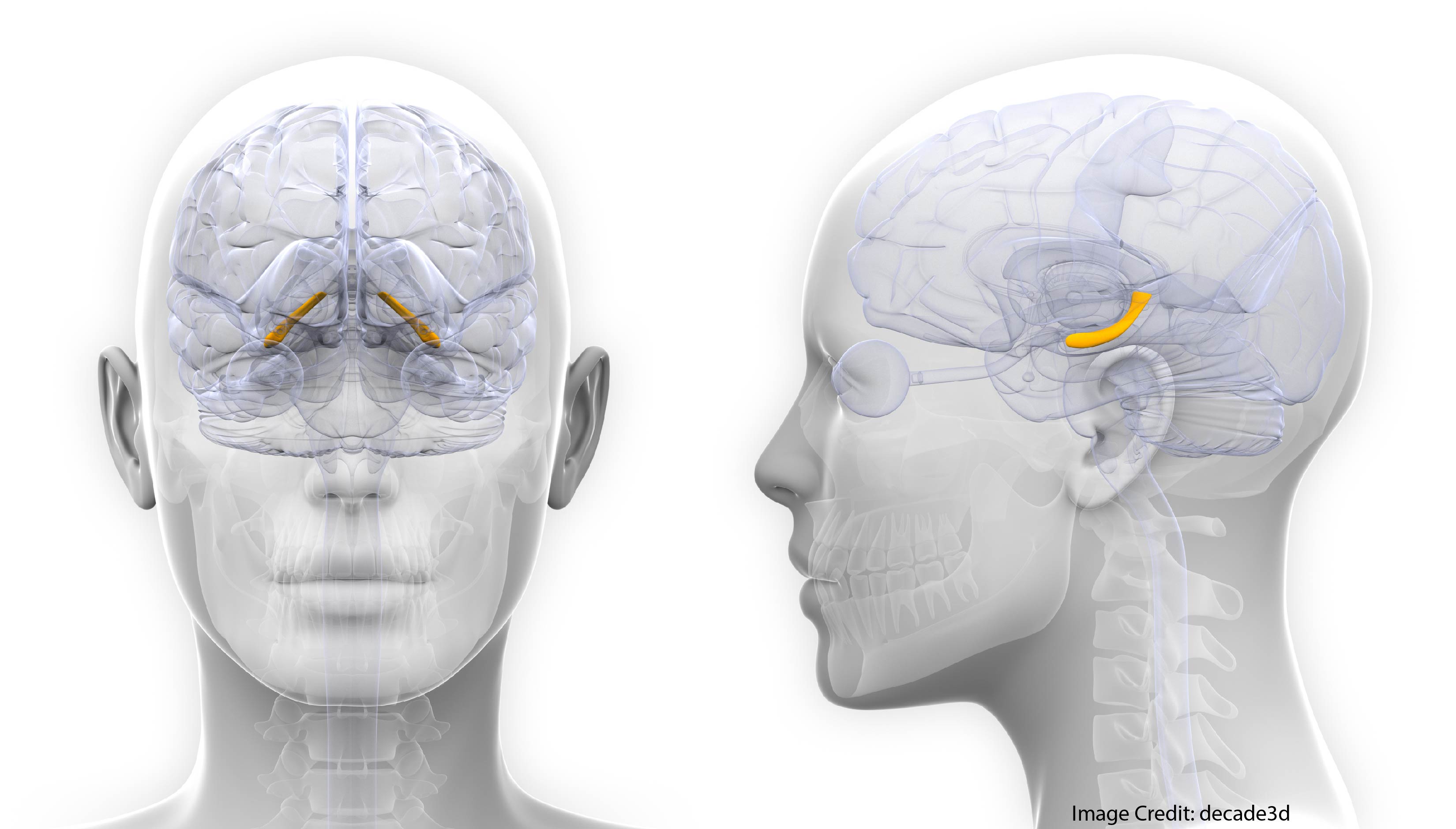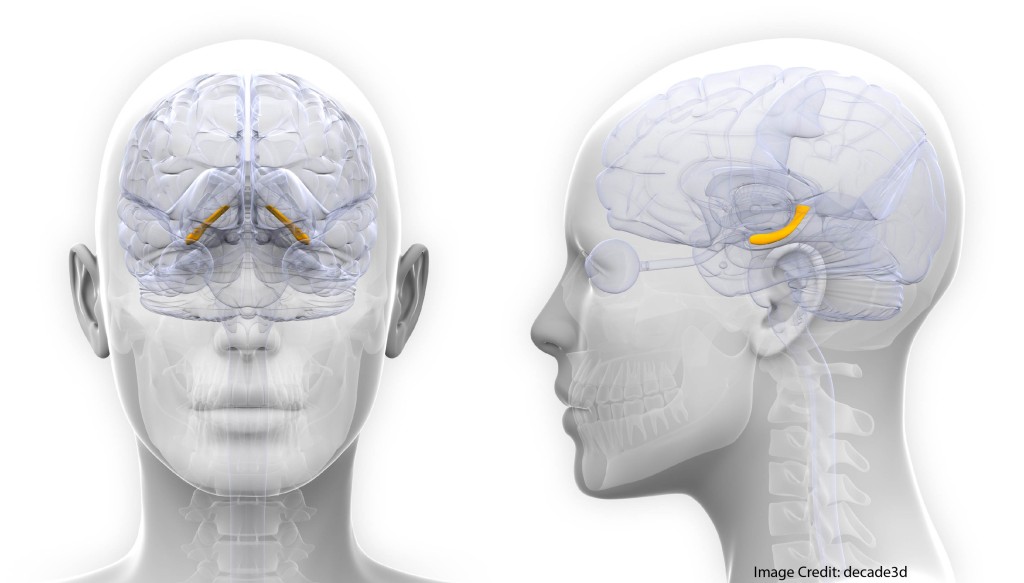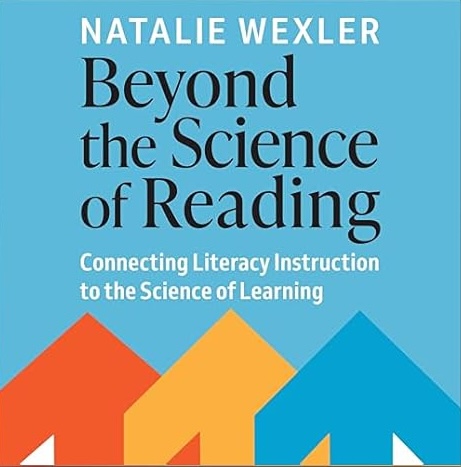
Why do adolescents learn and remember specific information more easily than younger children?
We have, of course, many answers to this question.
For instance: working memory increases during childhood, and so adolescents have–on average–greater working memory capacity than younger students.
Also, prior knowledge usually makes acquisition of new knowledge easier. And so, adolescents–who have more prior factual knowledge than children–can more easily take in new information.
Today’s Headline
New research from the Max Planck Institute for Human Development offers yet another reason: hippocampal development.
The hippocampus, tucked in below the cerebral cortex below both of your temples, helps process and form new long-term memories. It turns out that the hippocampus is developing much longer than we had previously known. Far from being fully developed in childhood, it continues its maturation at least until the teen years.
The specific teaching implications of this research are still years away. For the present, this article at Neuroscience News gives a helpful overview of what we know now, and how this new research fits into our current understanding.






